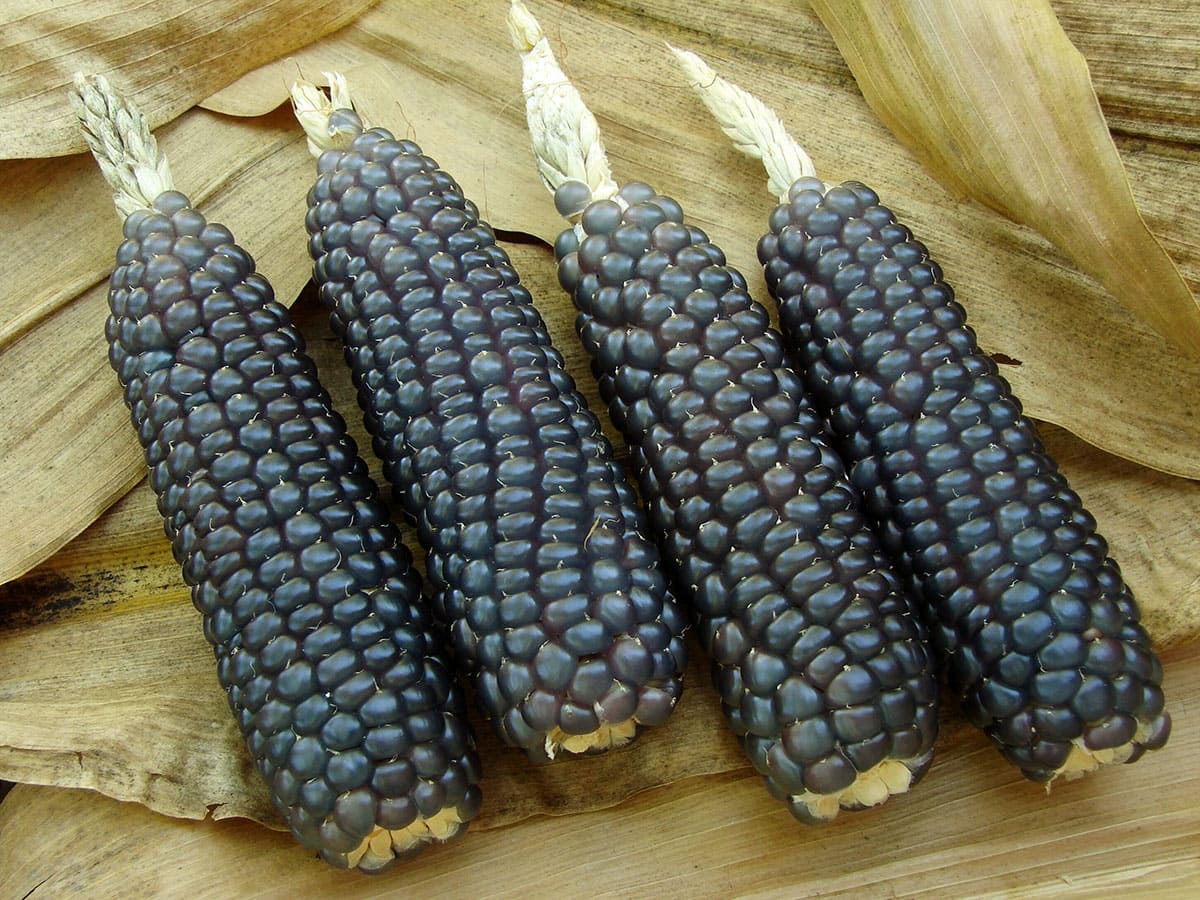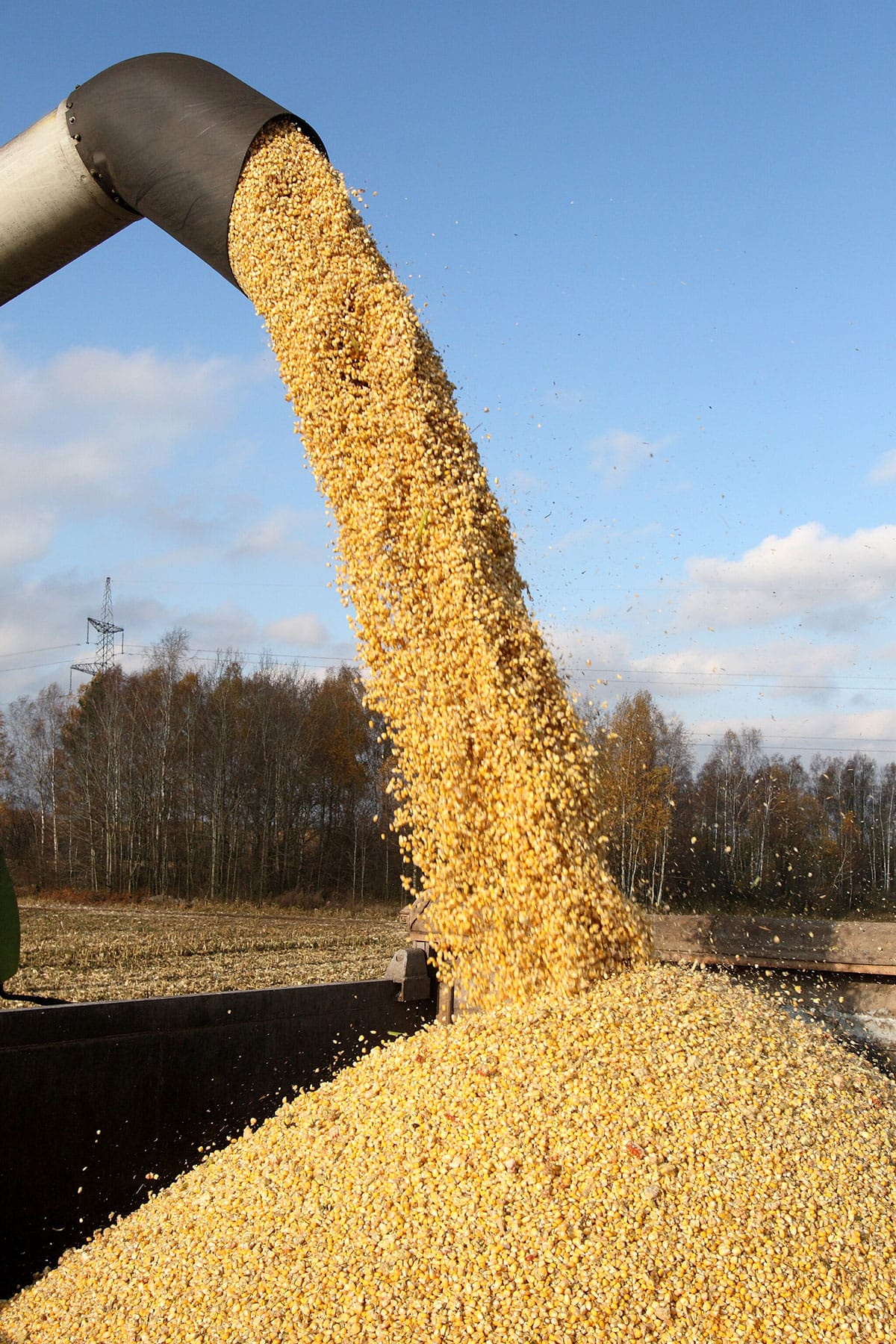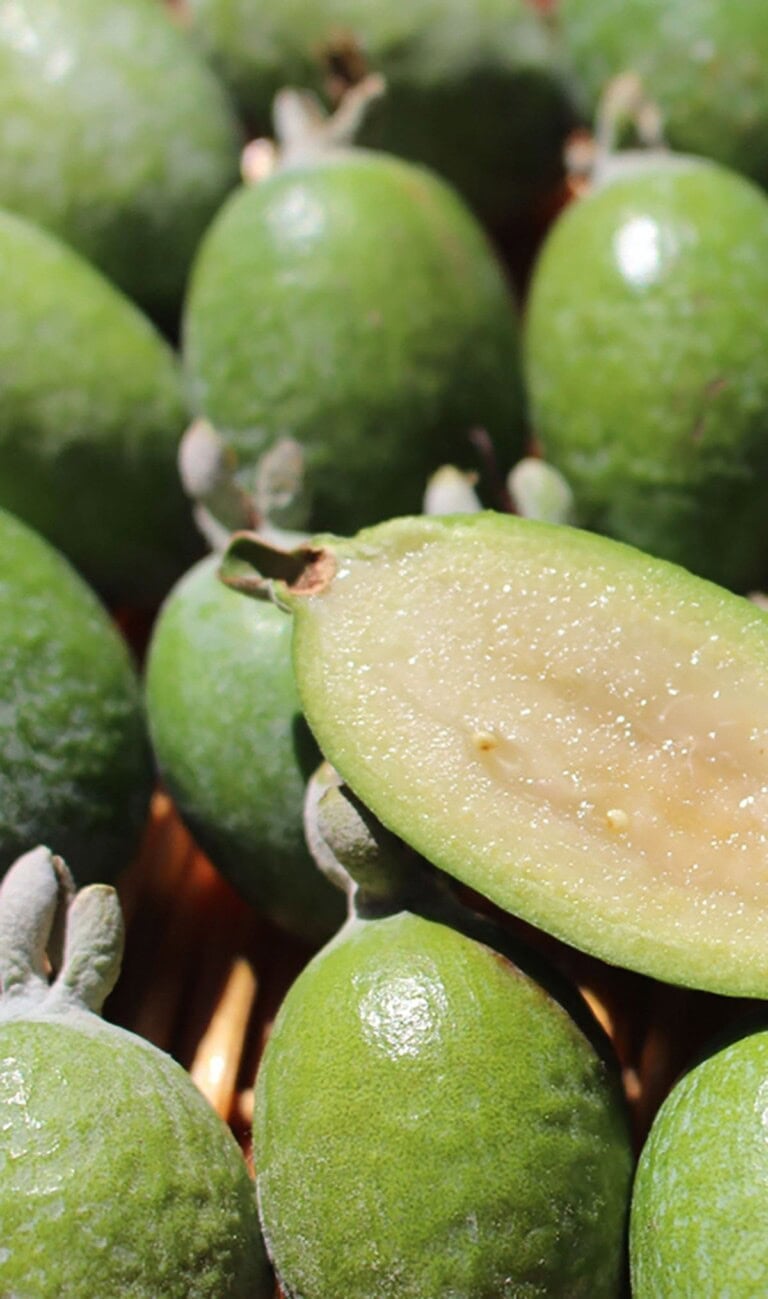Is Corn Good For You?
Is Corn Good For You? People enjoy eating corn because of its versatile taste, and it’s a common ingredient in many Midwest dishes. The United States is the top consumer of this popular veggie. According to reports.
There are contrasting opinions about the consumption of corn. Enthusiasts argue that it offers numerous health benefits, while critics contend that it may not be as healthy as commonly believed. According to the latter perspective, consuming it daily could potentially lead to certain side effects.
But the question is, what point of view is correct? Is corn healthy or not? Should you eat it or not? As you know, we can’t rely on the information of ordinary people because people believe myths that aren’t good. So what should common people do? Looking for an answer? If yes, keep reading.
Today in this article, we will tell you whether you should eat corn or not in light of scientific studies in 2023.
See Is Popcorn Bad For You? and How To Freeze Cornbread?

What is corn?
Corn is both a vegetable and a cereal grain. In culinary terms, sweet corn is considered a vegetable but Popcorn seeds are thought to be whole grains.
The first time this vegetable was found in over 6000 years, it was named “maize” and it is used as a main source of food in America. Nowadays it is the most widely used cereal. It is available in many colors like yellow, white, red, purple, and blue It is consumed in different forms like popcorn, tortilla, polenta, chips, oil, and grits.’
Nutritional Value of Corn
A report showed that 100 gram of corn contain the following nutrients
calories: 94
water: 73 percent
protein:3.4 grams
carbs: 21 grams
sugar: 4.6 grams
fat: 1.5 grams
fiber: 2.4 grams
Health Benefits of Corn
Corn has the following potential benefits
1. Boost the digestion
Corn contains insoluble fibers. It provides bulk and volume to stool. Thus it makes your digestive system better and prevents conditions like constipation. In it, there are some soluble fibers too. According to Oklahoma state university, these soluble fibers get dissolved in water and form a gel. Thus it prevents diarrhea.
2. Improve eye health.
Corn is a good source of lutein and zeaxanthin, two antioxidants that belong to the carotenoid family. Carotenoids are pigments responsible for the red, yellow, and orange colors in many plants. As antioxidants, lutein, and zeaxanthin help protect the eyes from oxidative stress and damage.
These carotenoids are particularly concentrated in the macula, a small area in the center of the retina responsible for sharp, central vision. By reducing oxidative stress in the eyes, lutein and zeaxanthin may help prevent age-related eye diseases, such as cataracts and age-related macular degeneration (AMD), which are primarily caused by oxidative damage.
Including corn in your diet can contribute to overall eye health by providing these essential antioxidants that support and maintain good vision.
A study on a group of 365 adults found that people whose diet includes lutein and zeaxanthin have lower chances of getting eye diseases as compared to those who don’t get enough carotenoids.
That’s why the ophthalmologist suggests that AMD patients get a sufficient amount of corn regularly.
3. Help prevent cancer
Corn acts as a cancer prevention agent. It also has antioxidants in it These prevent the free radicals from accumulating. These free radicals are responsible for cancer. In this way, they protect us from cancer. Research proved that these corns could cause apoptosis of cancer cells.
An animal study proved that the consumption of corn lowers the risk of cancer in mice.
4. Promotes growth
Corn is a nutritious food that contains several essential vitamins and minerals, which contribute to overall health and well-being. It is a source of vitamin B, niacin, and thiamine, which play crucial roles in promoting growth.
Thiamine is beneficial for nerve health, while niacin helps prevent conditions such as dementia and dermatitis. Additionally, corn is rich in folic acid, making it a valuable food choice for pregnant women, as it supports fetal development.
Corn also contains vitamin E, which acts as an antioxidant, protecting the body from damage caused by free radicals and promoting overall health.
5. Prevents anemia
Iron deficiency or anemia is a common health issue, particularly in women. Corn is a good source of iron, which is essential for the production of red blood cells. Red blood cells transport oxygen throughout the body, and a lack of these cells can lead to anemia. By consuming corn, individuals can prevent or alleviate anemia symptoms such as fatigue, restlessness, dizziness, and weakness.
However, it is important to note that while corn is a good source of iron, it may not be sufficient on its own to fully address anemia. It is recommended to consume a balanced diet with a variety of iron-rich foods and to speak with a healthcare professional for proper diagnosis and treatment of anemia.
According to a report, Women should eat corn during pregnancy to prevent anemia.
6. Cosmetic benefits
In addition to its medical benefits, corn also has cosmetic benefits. When applied topically, corn can help alleviate skin allergies, rashes, and other skin conditions. Its natural properties help to soothe and nourish the skin, leaving it looking fresh and radiant.
Corn-based products, such as cornstarch, are often used in cosmetics and skincare products for their ability to absorb excess oil and moisture, providing a matte finish and reducing shine. Corn silk extract is also a common ingredient in skincare products due to its moisturizing and anti-inflammatory properties. Overall, corn can be a beneficial ingredient in both medical and cosmetic applications.

Possible Risks and Side Effects of Corn
Scientific researchers proved that corn has some side effects if you eat it in high amounts. Everything in excessive amounts is bad for health. here are some common drawbacks of eating too much corn, such as
1. Can raise blood sugar levels
The consumption of corn is linked with high blood sugar levels. According to a study, corn has a high content of carbs and sugar; when people eat corn regularly, it increases their blood sugar levels.
It is risky for diabetic patient’s to eat corn regularly because it will instantly spike Their blood sugar level. Research on 115 diabetic patients proved that eating corn in excessive amounts increases the blood sugar level instantly.
Another report showed that the risk of diabetes is higher in countries that eat high fructose corn.
Yes, it is true that corn contains phytic acid, also known as phytate. Phytic acid can bind to certain minerals, such as iron, zinc, and calcium, and reduce their bioavailability for absorption in the body. This can lead to nutrient deficiencies and health complications over time.
However, it is important to note that the negative impact of phytic acid on nutrient absorption is generally minimal and is unlikely to cause significant health issues in individuals with a balanced and varied diet.
Furthermore, cooking methods, such as soaking or fermenting, can reduce the phytic acid content of corn and increase the bioavailability of nutrients. Eating corn in moderation as part of a balanced diet is recommended for optimal health.
2. Mycotoxins
Corn can be susceptible to fungal growth, and some fungi may produce mycotoxins that can be harmful to human health. Mycotoxins consumption has been linked to various health issues, including cancer and neural tube defects.
Proper storage and handling of grains are vital to minimize mycotoxin contamination risks. Ensuring that products like cornmeal and corn flour come from a reliable source and undergo appropriate processing can also reduce mycotoxin levels. If you believe you have ingested contaminated products, seek medical help promptly.
3. Corn intolerance
Corn intolerance triggers adverse symptoms such as abdominal pain, bloating, diarrhea, nausea, vomiting, hives, or difficulty breathing when consuming corn-based foods or derivatives.
It differs from celiac disease or gluten intolerance since corn lacks gluten. Consulting a healthcare professional is crucial for proper diagnosis and management of symptoms if you suspect corn intolerance. See Is Popcorn Gluten-Free and Popcorn Nutrition.
Many people around the world suffer from celiac disease, an autoimmune disorder triggered by the consumption of gluten, a protein found in grains such as wheat, barley, and rye. Individuals with celiac disease cannot eat these grains without experiencing an allergic reaction, which can cause damage to the small intestine and other health problems.
4. Pellagra
A diet that predominantly consists of corn, particularly when not treated with alkali (a process called nixtamalization), and lacks other sources of niacin and tryptophan can increase the risk of developing pellagra. This condition was more prevalent historically in regions where corn was a dietary staple and other niacin-rich foods was scarce.
To prevent pellagra and other nutritional deficiencies, it is important to maintain a balanced diet with a variety of foods, including those rich in niacin and tryptophan, such as soy, legumes, nuts, sunflower seeds, pumpkin seeds, and whole grains.
Conclusion
Organic corn is a rich source of various plant compounds, fiber, and nutrients that offer numerous health benefits. It may improve vision, aid in skin health, promote growth, aid in digestion, and prevent anemia.
However, due to its high starch content, excessive consumption may increase blood sugar levels. Therefore, it is essential to consume this vegetable in moderation and stick to the recommended daily serving size.
Corn Recipes To Try
- Vegan Mexican Street Corn
- Venezuelan Arepas
- Vegan Pupusas
- Hot Water Cornbread
- Gluten-Free Vegan Cornbread
- Jamaican Cornmeal Porridge
- Vegan Gluten-Free Cornbread Casserole

If you enjoyed this post, Is Corn Good For You, and would love to see more, join me on Youtube, Instagram, Faceboo
Get discounted copies of my cookbook here.
Fortunately, because of the ads on our website, readers and subscribers of Healthier Steps are sponsoring many underprivileged families. Thank you!
Also, please leave a star rating! ;-)







My favorite foods, thank you for this post